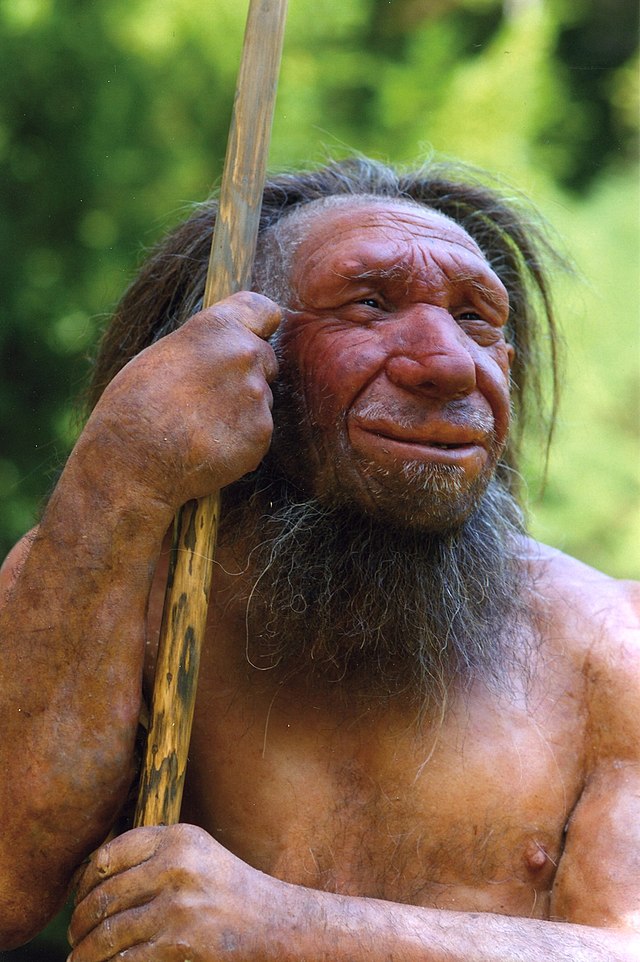Science News Roundup: Where did Homo sapiens go after leaving Africa? New study has an answer; Send robots into space rather than people, says Britain's Astronomer Royal and more
Following is a summary of current science news briefs. Where did Homo sapiens go after leaving Africa? New study has an answer Our species emerged in Africa more than 300,000 years ago, with a migration out of the continent 60,000 to 70,000 years ago heralding the start of the global spread of Homo sapiens.

Following is a summary of current science news briefs.
Where did Homo sapiens go after leaving Africa? New study has an answer
Our species emerged in Africa more than 300,000 years ago, with a migration out of the continent 60,000 to 70,000 years ago heralding the start of the global spread of Homo sapiens. But where did these pioneers go after leaving Africa? After years of debate, a new study offers an answer. These bands of hunter-gatherers appear to have lingered for thousands of years as a homogeneous population in a geographic hub that spanned Iran, southeast Iraq and northeast Saudi Arabia before going on to settle all of Asia and Europe starting roughly 45,000 years ago, scientists said on Monday.
Send robots into space rather than people, says Britain's Astronomer Royal
Britain's Astronomer Royal Martin Rees said sending people into space when robots could do the job just as effectively was a waste of public money, and space exploration should be left to billionaires and those willing to pay for trips themselves. "I'm sceptical about the idea of a human space flight being worthwhile," Rees told the Lord Speaker's Corner podcast, which features members of Britain's upper house of parliament.
Humans give more viruses to animals than they give us, study finds
Some of the deadliest diseases to stalk humankind have come from pathogens that jumped from animals to people. The virus that causes AIDS, for example, crossed over from chimpanzees. And many experts believe the virus that caused the COVID-19 pandemic flowed from bats. But, as a new study shows, this exchange has not been a one-way street. An analysis of all the publicly available viral genome sequences yielded a surprising result: humans give more viruses - about twice as many - to animals than they give to us.
Soyuz spacecraft with American, Russian and Belarusian docks with ISS
A Russian spacecraft carrying a Russian, a Belarusian and an American successfully docked with the International Space Station (ISS) on Monday, live TV images showed. The Soyuz spacecraft was launched on Saturday, two days later than planned. The original launch was aborted seconds before takeoff on Thursday because of a problem with a chemical power source.
(With inputs from agencies.)
ALSO READ
UAE's Huda Al Matroushi elected Vice President of Asian Modern Pentathlon Confederation
Indian-Americans Bhatia, Theegala ensure weekend action, Woods sets cuts record at Augusta
Pak has highest living cost in all of Asia with a 25 per cent inflation rate: ADB
US firm launches diabetes educational programme for Asia from Singapore
Jaishankar speaks to UK Foreign Secretary Cameron, discusses West Asia situation










